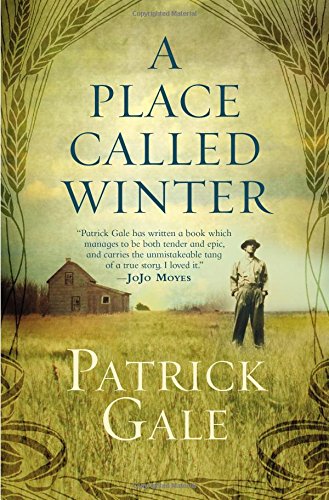A Place Called Winter
Loosely based on the experiences of the author’s great-grandfather, A Place Called Winter is an evocative tale of a timid man grappling with the fierce passions buried deep within. While at times the language is lovely and lyrical, at other times it is as utilitarian as a how-to manual. At the end of the 19th century, Harry Cane, a shy elder son who is about as conventional as a man can be, is content to live in the shadow of his younger, more dynamic brother. Harry ultimately marries—because that is what is expected of a man in his position—fathers a beloved daughter, and lives an upright life until, almost unwittingly, he is seduced by a man of great appetites and little honor. When the affair comes to light, Harry’s family casts him out, albeit under cover of going to make his fortune in Canada. Once there, he takes on the task of fencing, farming, and living on 160 acres of land, where his nearest neighbors just happen to be a brother-sister duo similarly ostracized.
While Harry’s need to survive instills in him a determination that eluded him back home, when confronted once again with the possibility of falling in love, he retreats into himself and refuses to allow his impulses to betray him. It is left to Paul, his neighbor, to make the first advance. Harry and Paul, and, indeed, all the characters in A Place Called Winter are as circumscribed by their own personalities, by the time-bound cruelties of hatred and bias, and by the harsh weather of the Canadian north country, as is the land itself. But even as Harry constructs a fence around his acreage in order to claim it as his own, in doing so he ultimately opens the gate to his heart. Recommended.










